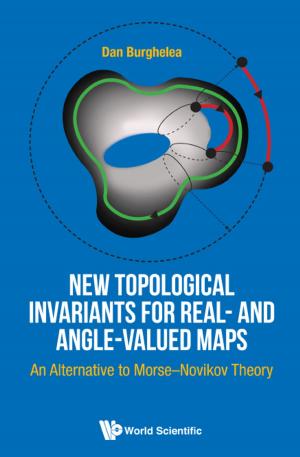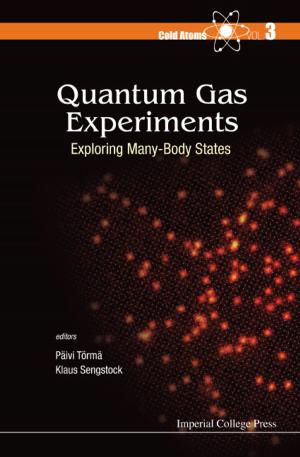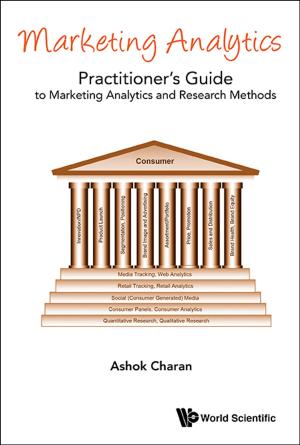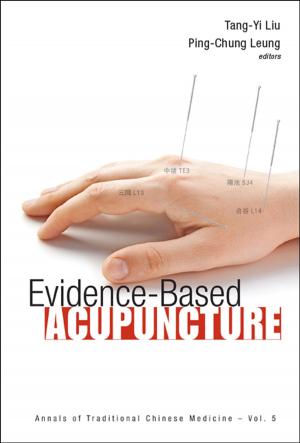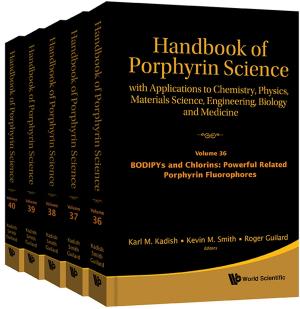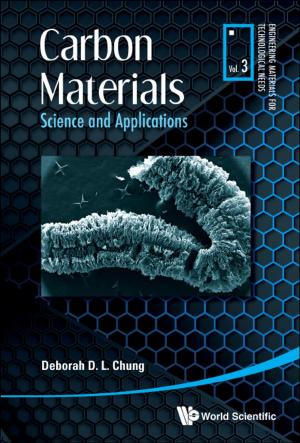Battle for Hearts and Minds
New Media and Elections in Singapore
Nonfiction, Social & Cultural Studies, Political Science, Government, Elections, Social Science| Author: | Tarn How Tan, Arun Mahizhnan, Peng Hwa Ang | ISBN: | 9789814713634 |
| Publisher: | World Scientific Publishing Company | Publication: | August 21, 2015 |
| Imprint: | WSPC | Language: | English |
| Author: | Tarn How Tan, Arun Mahizhnan, Peng Hwa Ang |
| ISBN: | 9789814713634 |
| Publisher: | World Scientific Publishing Company |
| Publication: | August 21, 2015 |
| Imprint: | WSPC |
| Language: | English |
The Singapore 2011 General Election was dubbed by some as the first "Internet" election. How far is this true and to what extent did old and new media influence voting behaviour and political participation? What was the role of Facebook, Twitter, party political websites, political discussion and the alternative and conflicting information offered online? What theoretical insights can be gleaned about media and its use by voters? This edited volume provides an in-depth analysis of these questions through a first-ever survey of media use, political traits, political participation and attitudes towards media, and through experiments, content analysis and interviews.
This landmark collection of essays also lays the groundwork for understanding future elections, including the next general election. It also serves as a valuable record of the state of affairs on the ground in the rapidly shifting dynamics of a Singapore political landscape that is undergoing dramatic and unprecedented transformation.
This book will appeal to researchers in political communication, political science and media communication. It will also be of interest to policy makers, members of media, community leaders and observers of the impact of media on politics.
Contents:
-
Rashomon Effect: Introduction (Arun Mahizhnan):
- Not Quite an "Internet" Election: Survey of Media Use of Voters (Tan Tarn How and Arun Mahizhnan)
- Legal Landmines and OB Markers: Survival Strategies of Alternative Media (Cherian George)
- Untapped Potential: Internet Use by Political Parties (Debbie Goh and Natalie Pang)
- Pro, Anti, Neutral: Political Blogs and Their Sentiments (Natalie Pang and Debbie Goh)
- Who Calls the Shots? Agenda Setting in Mainstream and Alternative Media (Paul Wu Horng-Jyh, Randolph Tan Gee Kwang and Carol Soon)
- Different But Not That Different: New Media's Impact on Young Voters' Political Participation (Trisha T C Lin and Alice Y H Hong)
- The Leap from the Virtual to the Real: Facebook Use and Political Participation (Marko M Skoric)
- David vs Goliath: Twitter's Role in Equalising Big-Party Dominance (Xu Xiaoge)
- Lifting the Veil of Ignorance: Internet's Impact on Knowledge Gap (Debbie Goh)
- Squaring Political Circles: Coping with Conflicting Information (Natalie Pang)
- The Silence of the Majority: Political Talk During Election Time (Weiyu Zhang)
-
Conclusion (Tan Tarn How)
-
Appendices
-
About the Contributors
Readership: Students, educators, academics, media, policymakers, policy makers, community leaders, members of civil society and the lay intelligent reader.
Key Features:
- Landmark study which examines the impact of media on Singapore elections
- Chapters which looks at niche areas like influence of social media on political traits, voting behaviour, knowledge gap and political talk during the elections
The Singapore 2011 General Election was dubbed by some as the first "Internet" election. How far is this true and to what extent did old and new media influence voting behaviour and political participation? What was the role of Facebook, Twitter, party political websites, political discussion and the alternative and conflicting information offered online? What theoretical insights can be gleaned about media and its use by voters? This edited volume provides an in-depth analysis of these questions through a first-ever survey of media use, political traits, political participation and attitudes towards media, and through experiments, content analysis and interviews.
This landmark collection of essays also lays the groundwork for understanding future elections, including the next general election. It also serves as a valuable record of the state of affairs on the ground in the rapidly shifting dynamics of a Singapore political landscape that is undergoing dramatic and unprecedented transformation.
This book will appeal to researchers in political communication, political science and media communication. It will also be of interest to policy makers, members of media, community leaders and observers of the impact of media on politics.
Contents:
-
Rashomon Effect: Introduction (Arun Mahizhnan):
- Not Quite an "Internet" Election: Survey of Media Use of Voters (Tan Tarn How and Arun Mahizhnan)
- Legal Landmines and OB Markers: Survival Strategies of Alternative Media (Cherian George)
- Untapped Potential: Internet Use by Political Parties (Debbie Goh and Natalie Pang)
- Pro, Anti, Neutral: Political Blogs and Their Sentiments (Natalie Pang and Debbie Goh)
- Who Calls the Shots? Agenda Setting in Mainstream and Alternative Media (Paul Wu Horng-Jyh, Randolph Tan Gee Kwang and Carol Soon)
- Different But Not That Different: New Media's Impact on Young Voters' Political Participation (Trisha T C Lin and Alice Y H Hong)
- The Leap from the Virtual to the Real: Facebook Use and Political Participation (Marko M Skoric)
- David vs Goliath: Twitter's Role in Equalising Big-Party Dominance (Xu Xiaoge)
- Lifting the Veil of Ignorance: Internet's Impact on Knowledge Gap (Debbie Goh)
- Squaring Political Circles: Coping with Conflicting Information (Natalie Pang)
- The Silence of the Majority: Political Talk During Election Time (Weiyu Zhang)
-
Conclusion (Tan Tarn How)
-
Appendices
-
About the Contributors
Readership: Students, educators, academics, media, policymakers, policy makers, community leaders, members of civil society and the lay intelligent reader.
Key Features:
- Landmark study which examines the impact of media on Singapore elections
- Chapters which looks at niche areas like influence of social media on political traits, voting behaviour, knowledge gap and political talk during the elections
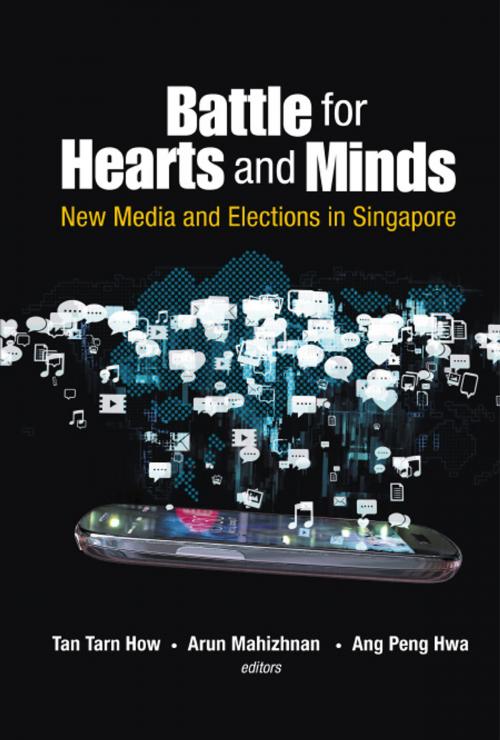
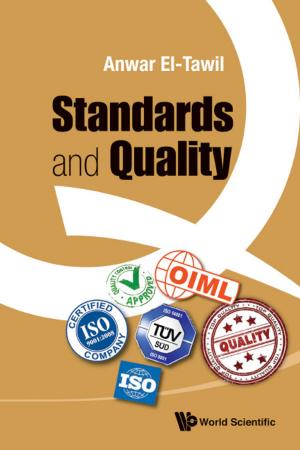
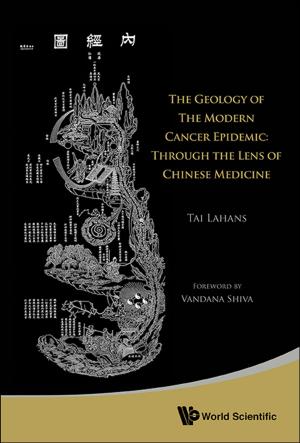
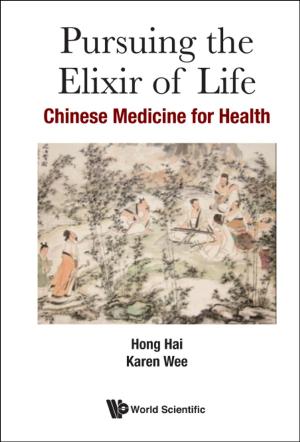
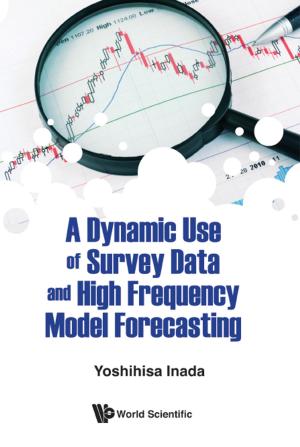
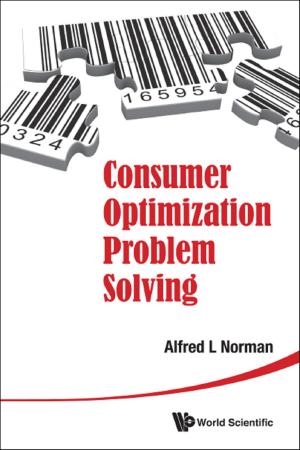
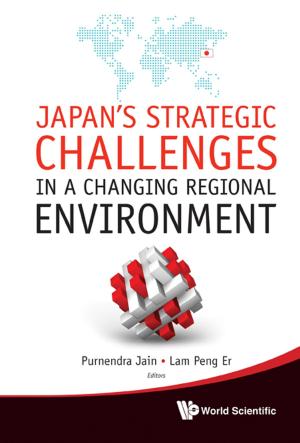
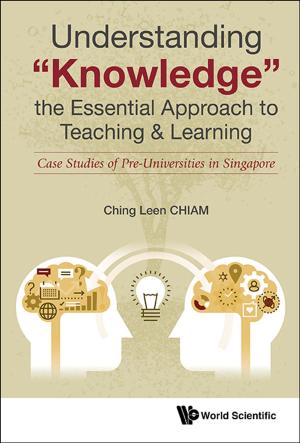
![Cover of the book Contingent Convertibles [CoCos] by Tarn How Tan, Arun Mahizhnan, Peng Hwa Ang](https://www.kuoky.com/images/2014/august/300x300/9789814619912-vwN8_300x.jpg)
